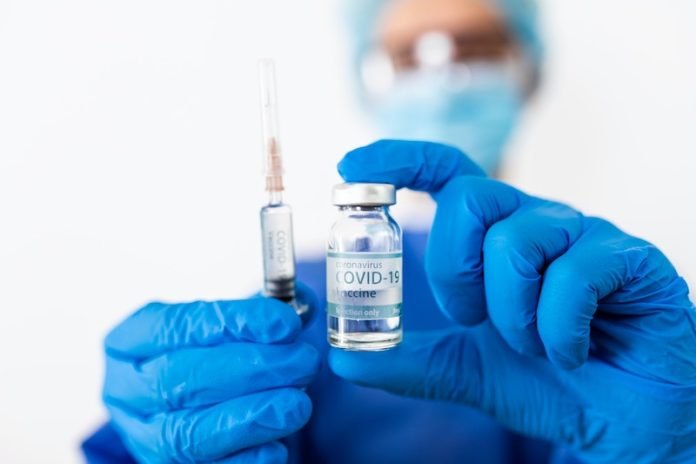
Researchers at Baidu Research have developed an AI algorithm called LinearDesign, which can rapidly design highly stable mRNA vaccine sequences for COVID-19.
This algorithm represents a significant advancement in stability and efficacy, achieving a 128-fold increase in the antibody response of the COVID-19 vaccine.
Collaboration and Study Details
The research team collaborated with Oregon State University, StemiRNA Therapeutics, and the University of Rochester Medical Center.
Their study, titled “Algorithm for Optimized mRNA Design Improves Stability and Immunogenicity,” was published in the journal Nature.
The researchers addressed the challenge of designing stable mRNA sequences by applying a classic approach from natural language processing (NLP).
They used the LinearDesign algorithm to optimize the secondary structure stability of the mRNA, resulting in improved protein expression and immune responses.
The Significance of mRNA Technology
Messenger RNA (mRNA) has emerged as a revolutionary technology for vaccine development and potential treatments for various diseases, including cancer.
mRNA serves as a messenger that carries genetic instructions from DNA to the cell’s protein-making machinery, allowing for the production of specific proteins with various functions in the human body.
mRNA vaccines have gained popularity due to their advantages in safety, efficacy, and production, leading to their rapid adoption in COVID-19 vaccine development.
The Challenge of mRNA Instability
The natural instability of mRNA poses challenges in terms of protein expression and vaccine efficacy.
Unstable mRNA sequences result in insufficient protein expression, which weakens the vaccine’s ability to stimulate a strong immune response.
Additionally, mRNA instability complicates the storage and transportation of mRNA vaccines, especially in resource-limited settings.
The Application of NLP Techniques
To overcome the challenge of mRNA instability, the researchers applied a technique from natural language processing (NLP) called lattice parsing.
This technique creates a graph that represents potential connections between mRNA sequences, similar to how word connections are represented in language processing.
By employing lattice parsing, the researchers identified the most stable mRNA sequence among a range of alternatives.
The Impact of LinearDesign
LinearDesign demonstrated remarkable improvements compared to existing vaccine sequences.
For COVID-19 mRNA vaccine sequences, the algorithm achieved a 5-fold increase in stability (mRNA half-life), a 3-fold increase in protein expression levels within 48 hours, and an impressive 128-fold increase in antibody response.
The study also reported similar improvements for VZV mRNA vaccine sequences.
Implications for Vaccine Development
The vaccines designed using LinearDesign may offer enhanced protection with the same dosage or potentially provide equal protection with a smaller dose, leading to fewer side effects.
This has the potential to reduce vaccine research and development costs for biopharmaceutical companies while improving outcomes.
Baidu’s Contribution to AI in Life Sciences
Baidu has developed a bio-computing platform called PaddleHelix, which includes the ERNIE-Bio-Computing Big Models.
This platform explores the application of AI in various life sciences fields, such as small molecules, proteins/peptides, and RNA.
Baidu’s ERNIE Big Model technology system covers NLP, vision, cross-modal, and bio-computing applications. The recently introduced ERNIE Bot, a knowledge-enhanced large language model, is part of the ERNIE Big Model family.
Future Research and Applications
Baidu will continue to explore AI applications in life sciences, expanding the scope and depth of inclusive technology.
By championing the health and well-being of humanity, Baidu aims to contribute to advancements in vaccine development, drug discovery, and overall healthcare.
If you care about COVID, please read studies about 8 pressing questions about long COVID-19, and low-sodium plant-based diets may prevent COVID-19 better.
For more information about COVID, please see recent studies about new evidence on rare blood clots after COVID-19 vaccination, and results showing zinc could help reduce COVID-19 infection risk.
The study was published in Nature.
Copyright © 2023 Knowridge Science Report. All rights reserved.



